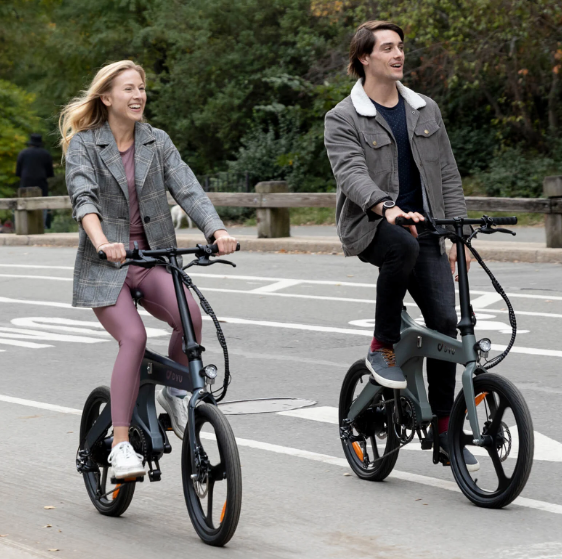Electric bikes, often known as e-bikes, have surged in popularity over the past few years. They offer the convenience of traditional bicycles while adding the assistance of a motor, making uphill climbs and long distances more manageable. But a common question arises: Do these bikes consume a significant amount of electricity?
Understanding the Power of E-Bikes
Electric bikes run on batteries. Typically, these are lithium-ion batteries, similar to the ones found in laptops and smartphones. The capacity of an e-bike's battery is usually measured in watt-hours (Wh). Most standard e-bikes on the market have a battery capacity ranging from 250Wh to 500Wh.
To put things into perspective, consider that a 500Wh battery contains half a kilowatt-hour (kWh) of electricity. In many parts of the world, a kWh of electricity costs around 10 to 15 cents. Therefore, if you were to fully charge a 500Wh battery, it might cost you around 5 to 7.5 cents.
Comparing to Other Electrical Appliances
When trying to comprehend how much electricity e-bikes use, it's helpful to compare them to everyday household items. For instance, running a modern refrigerator can consume around 1 to 2 kWh per day. In contrast, charging your e-bike's battery once (even if it's a larger capacity battery) will likely use less than 1 kWh. This means that, from an energy consumption perspective, charging your e-bike daily would be akin to a small fraction of what many household appliances use.

City Electric Bikes: An Urban Solution
When considering urban transportation, city electric bikes stand out as an energy-efficient choice. They are designed to be nimble and efficient, perfectly suited for the hustle and bustle of city life. Their motors are tailored for frequent stops, starts, and shorter trips, making them not just convenient, but also an eco-friendly option.
Additionally, considering the broader picture, replacing short car trips with rides on city electric bikes can significantly reduce one's carbon footprint. It's not just about the electricity used but also about the overall energy consumption and emissions when comparing e-bikes to gasoline-powered vehicles.
The Bigger Picture
When evaluating the electricity consumption of e-bikes, it's essential to understand that while they do use electricity, their consumption is minimal, especially when compared to many household appliances and certainly when juxtaposed with traditional vehicles. E-bikes, particularly city electric bikes, offer an energy-efficient solution for transportation, promoting not just individual savings but also a more sustainable future.